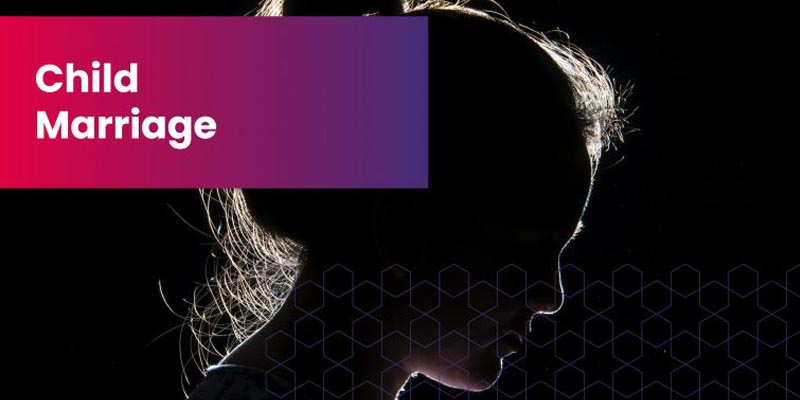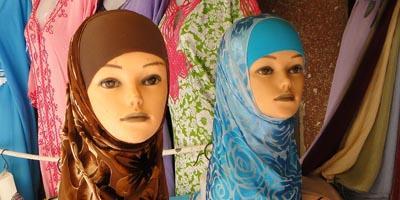Throughout the world, marriage is generally regarded as a joyous occasion and a landmark event in life. Unfortunately, there seems no cause of celebration regarding the practice of early marriage.
Human rights activists claim that marriage for those under eighteen is one of the most hidden forms of violence against women and girls taking place in the United Kingdom. Until recently, the minimum age for marriage was 16 throughout the UK. For England and Wales, the law was modified in November 2021 to make the minimum age 18. In Northern Ireland 16- and 17-year-olds can marry if they have parental consent. Scotland does not require parental consent. It is important to consider the major role that parental consent plays, since the teenage girls are often coerced and are regularly married off to older men they have never met.
Critics argue that the government should address the underlying conditions that sustain child marriage, and advocate for laws and policies that protect girls’ rights. They highlight the importance of gathering robust data to underscore the need to protect the vulnerable from exploitation and forced marriage.
The campaigns to end child marriages
To understand the issue of child marriages, I spoke to Natasha Rattu, the executive director of Karma Nirvana, a national charity organization in the UK supporting victims of honour-based abuse and forced marriages. Ending child marriages, she says, has been a decade-long campaign for her organization, which identified more than one thousand instances of child marriage since 2015, including children under the age of eleven. She says that the problem of knowing the specific scale of the problem is because the country doesn’t collect formal data on child marriages.
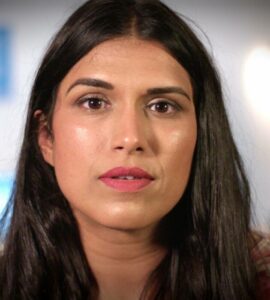
“Age isn’t a stand-alone factor,” she says. “For children, you have to prove that they are experiencing coercion or duress. The most challenging issue has been that it is a hidden crime in the region. And in the UK, concerning children being married early, the organization can collect data of marriages registered at the age of 16 and 17. In other cases, the period for marriage is 18, but in the UK, many weddings take place in a religious or cultural setting. These marriages constitute no less harm; moreover, since these marriages are not registered the government holds no data collation on those religious and cultural marriages.”
The Role of Social Norms
Deep-rooted social norms that perpetuate and normalize child marriage are central to the work of Adwoa Kwateng-Kluvitse, the head of global advocacy and partnerships at the Foundation for Women’s Health Research and Development (FORWARD), an African women-led organization working to end violence against women and girls. From female genital mutilation and child marriage to domestic and sexual violence, it supports affected women and girls so that they might enjoy equal rights free from violence. Its work includes the issue of child brides who are denied the right to return to mainstream education in countries like Uganda and Tanzania.
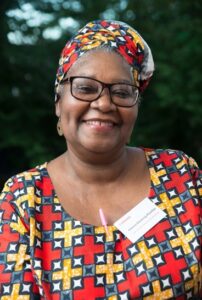
“It is not illegal to be pregnant, but did anybody ask her if this was a forced marriage?” Kwateng-Kluvitse asks. “In research conducted by the organization in Tanzania, one of the girls didn’t understand how she got pregnant.” Due to early pregnancy and childbirth, in conjunction with lower access to healthcare, girls marrying as minors have a substantially greater risk of maternal and child morbidity and harmful mental health impacts. The lack of information and knowledge about women giving birth during adolescence and facing a higher risk of maternal mortality is sidelined from societal norms. Educational and career opportunities may be limited, along with family planning information and services.
Teenage birth often has consequences of life-long social and economic disadvantages. Child mothers who fall outside social norms lose the potential to develop a community and build the nation, she says, creating a vicious cycle of poverty. “Does the school make provisions for you as a child mother, and can one return to state-sponsored normal education? In many African communities, such acts tarnish the mindsets of other schoolgirls. Therefore, such child mothers with their babies are divided out of mainstream society and transferred to substandard vocational education.”
Kwateng-Kluvitse says that customs and laws regarding adolescent pregnancy must change to reflect the needs of the young girls and women. But changing social norms is challenging with traditions that communities have practiced for many years. In her opinion, it is crucial to substitute the social norms. The incompatibility of marriage, motherhood, and schooling, and the relationship between school dropouts, marriage and pregnancy is burdensome. “I think it starts with information and knowledge, Kwateng-Kluvitse says. “You’ve got to start with comprehensive sexuality education. You’ve got to be able to work with parents to be able to be comfortable speaking about sex.” Taboos, stigma, and lack of education on the topic leave many young people struggling to navigate their sexual and reproductive health.
The Unequal Power Dynamics

IKWRO is a women’s rights organization that provides culturally-specific support, advocacy, and counseling for women and girls of Middle Eastern, North African and Afghan origin in the United Kingdom. Sara Browne, a IKWRO campaign manager, spoke with me about unequal power dynamics and how it is impacting the growth rate of child marriages.
Women who marry at younger ages tend to have a considerable age difference from their husbands, and so they have less power and autonomy in their relationships and a high risk of domestic violence, she says, and virginity is interlinked with the pressure on girls to be married younger. “There is a concern that if the girl doesn’t marry young, then perhaps she won’t be a virgin and her honour would be questioned in some way.”
Patriarchal societies across many cultures and ethnicities discriminate against girls’ rights to control their bodies and determine their futures. Along with the power dynamics, there is a particular role of control that the men exercise on young women, she says. “In many marriages, older men marry young children to be able to control them easily, to take charge of their decisions and lifestyle.”
Payzee Mahmod, a survivor of child marriage who lost her sister Banaz in a tragic “honour” killing, is also a campaigner for IKWRO to prevent “honour” based abuse and child marriage. The organization launched its ‘Virginity Does Not Define Me’ campaign in 2021 to challenge the false and harmful notions that virginity is in any way a measure of a girl’s or woman’s worth. According to Mahmod, child marriage goes hand in hand with virginity testing. “I personally experienced virginity testing as a result of my child marriage. If we look at ‘honour’ based abuse, the root of it is gender inequality. These practices are used as measures to control girls and their bodies.”

Harmful practices are widespread, cutting across countries, cultures, religions, ethnicities, and socioeconomic levels. The COVID-19 pandemic has especially impacted the lives of girls and their families, with economic hardships, school closures and the loss of access to health services and community programs. “Right now is the moment to initiate changes, as the world undergoes many shifts,” Mahmod says. “We need the law to ensure clear messages on virginity testing, hymenoplasty, and child marriage. The law acts as a strong deterrent. We must provide education and information, create spaces for discussion. There must be a collective agreement across laws, health care, and education to improve the health and well-being of girls and communities, which will support the movement to end the harmful and discriminatory norms.”
So how can we change the power dynamics? The solution is not to focus on any particular culture or ethnicity but rather to change the attitudes towards women in various societies.
Gender inequality
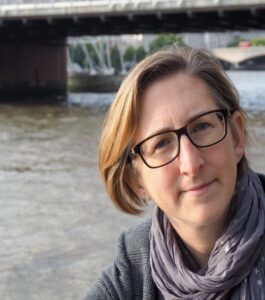
Heather Barclay, director of external engagement with the Girls Not Brides organization, says that her group works with the belief that the people who know the most about solving the challenges are in the communities most affected by them. By focusing on strengthening local partners, as a secretariat, the organization harnesses the power of the collective and works with national movements to support the development of a global campaign against child marriage. Their perspective is one of child marriage as a worldwide issue, unrelated to a particular culture or religion and entrenched in various communities across the world.
“The underlying cause of child marriages is gender inequality and the credence that women are inferior to men,” Barclay says. Along with the patriarchal and social notions, the situation worsens due to poverty, lack of education, and economic opportunities. The value of women is limited according to their virginity and consequently their female sexuality and reproductive choices, she says. “Gender equality should be the root of the solution to address child marriages.”
